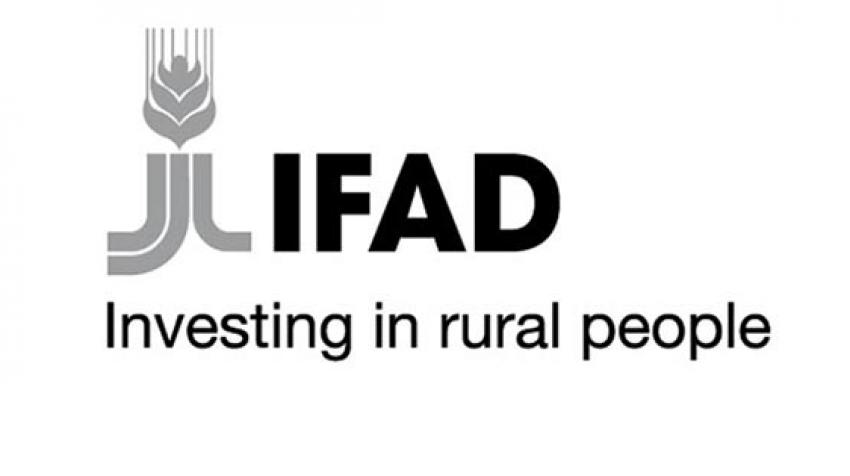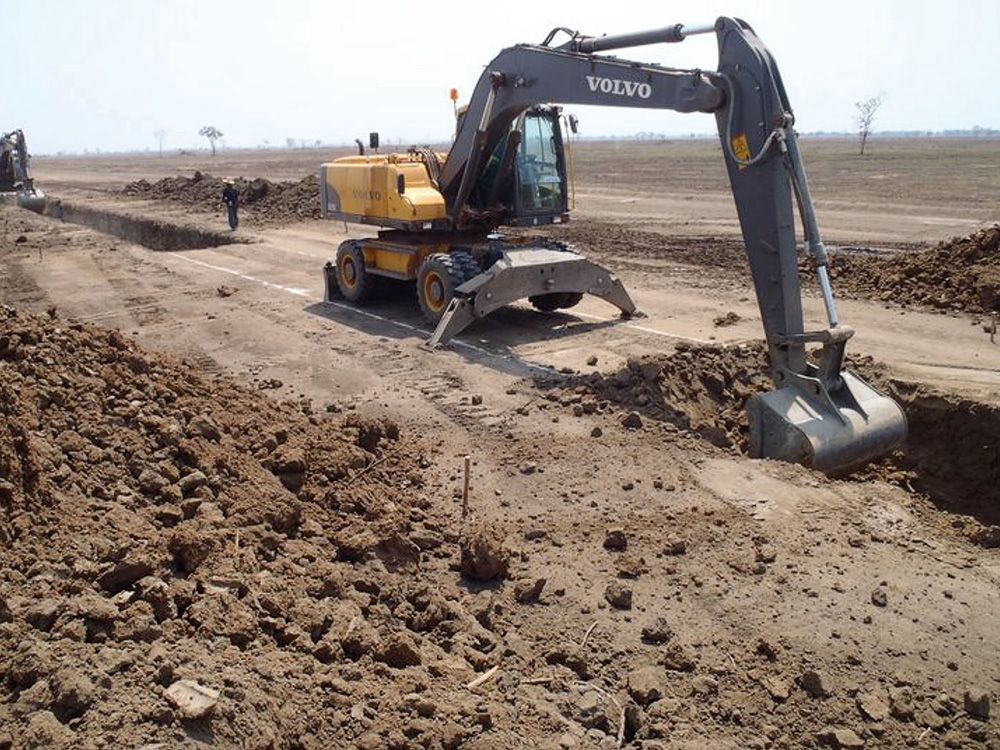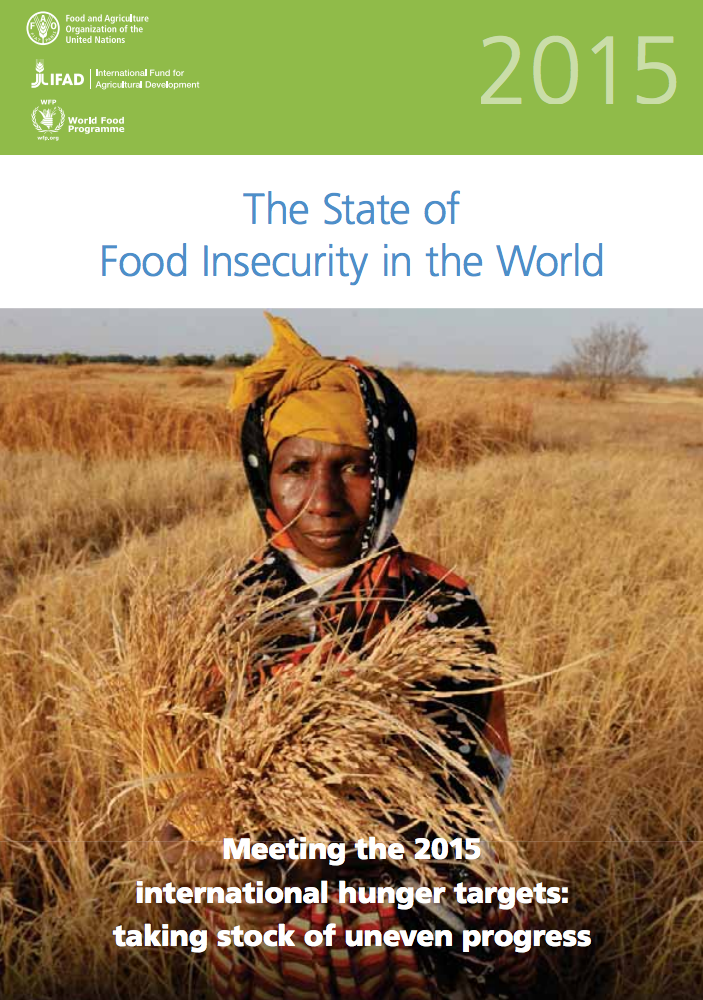Focal point
Location
The International Fund for Agricultural Development (IFAD), a specialized agency of the United Nations, was established as an international financial institution in 1977 as one of the major outcomes of the 1974 World Food Conference. The Conference was organized in response to the food crises of the early 1970s that primarily affected the Sahelian countries of Africa. The conference resolved that "an International Fund for Agricultural Development should be established immediately to finance agricultural development projects primarily for food production in the developing countries". One of the most important insights emerging from the conference was that the causes of food insecurity and famine were not so much failures in food production, but structural problems relating to poverty and to the fact that the majority of the developing world's poor populations were concentrated in rural areas.
IFAD's mission is to enable poor rural people to overcome poverty.
IFAD is dedicated to eradicating rural poverty in developing countries. Seventy-five per cent of the world's poorest people - 1.4 billion women, children and men - live in rural areas and depend on agriculture and related activities for their livelihoods.
Working with rural poor people, governments, donors, non-governmental organizations and many other partners, IFAD focuses on country-specific solutions, which can involve increasing rural poor peoples' access to financial services, markets, technology, land and other natural resources.
Resources
Displaying 36 - 40 of 102Net impacts of large-scale land acquisitions
The buying up of farmland by international investors is viewed highly critically. However, sweeping judgements could be inappropriate, as our author demonstrates with survey results from Ethiopia and Uganda.
Learning Route: Innovative Ideas on Securing Resource Land Rights through inclusive business models: The case of Uganda
The Learning Route (LR) is capacity development deliverable of the TSLI-ESA project implemented by UN-Habitat through GLTN, funded by IFAD. It aims at enhancing awareness, knowledgeand skills of staff from IFAD supported projects, programs and partners in application of geo-spatial technologies in securing land and natural resource tenure and on innovation on inclusive business models (IBMs).
The State of Food Insecurity in the World 2015
This year´s annual State of Food Insecurity in the World report takes stock of progress made towards achieving the internationally established Millennium Development Goal (MDG1) and World Food Summit hunger targets and reflects on what needs to be done, as we transition to the new post-2015 Sustainable Development Agenda. The report reviews progress made since 1990 for every country and region as well as for the world as a whole.
Gender in Climate-Smart Agriculture
This module provides guidance and a
comprehensive menu of practical tools for integrating gender
in the planning, design, implementation, and evaluation of
projects and investments in climate-smart agriculture (CSA).
The module emphasizes the importance and ultimate goal of
integrating gender in CSA practices, which is to reduce
gender inequalities and ensure that men and women can
equally benefit from any intervention in the agricultural
Regional Learning Workshop on Land and Natural Resources Tenure Security in East and Southern Africa Final Proceedings, 30 June - 2 July 2015, Nairobi, Kenya
This publication is the summary of the proceedings of the Regional Learning Workshop on ‘Land and Natural Resources Tenure Security’ held in Nairobi, Kenya from 30th June -2nd July 2015 as jointly organized by UN-Habitat/Global Land Tool Network and International Fund for Agricultural Development (IFAD).







